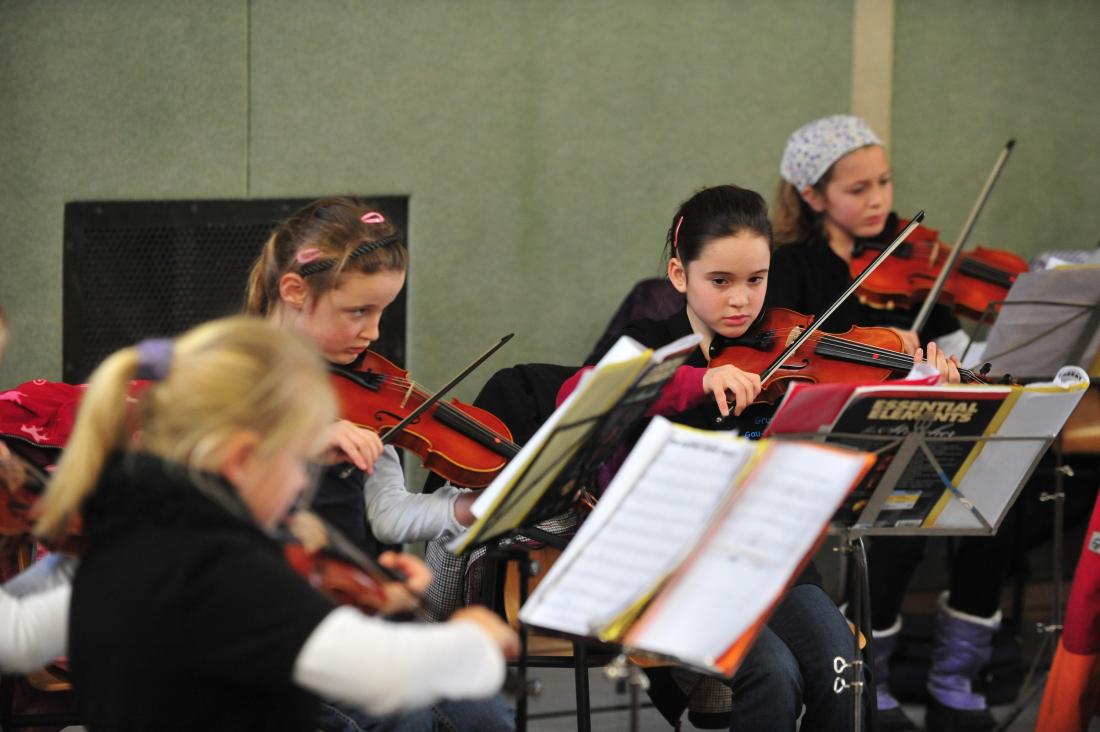The Use of Nonbinding Contribution Suggestions for a Charitable Fundraising Scheme in Germany
- Adults
- Charitable giving
- Nudges and reminders
Many solicitations for charitable donations include a suggested contribution amount, but it is unclear whether these suggestions are helpful or harmful. Researchers randomized the suggested contribution in a fundraising appeal sent to patrons of the Bavaria State Opera (Germany). They found that the suggestions increased the average donation while decreasing the participation rate, resulting in no significant change in the average return per mailing.
Policy issue
Many solicitations for charitable donations include a suggested contribution amount. While including suggestions has no cost for fundraisers, it is not clear whether they are helpful or perhaps harmful in raising revenue. A suggested donation could affect total revenue through two channels: by affecting the average donation size and by affecting the number of individuals who choose to donate. A high suggested donation might increase the average donation but decrease participation. Conversely, a low suggested donation might decrease the average donation but increase the participation rate. Most studies in this area deal with very small donation amounts, in the range of USD 1-10. The evidence from these studies is mixed, and furthermore, their results do not necessarily hold for charities seeking higher donation amounts.
Context of the evaluation
The Bavarian State Opera in Munich, Germany was established in the 17th century. It has been the location of premieres of works by composers such as Mozart and Wagner. Its patrons tend to be well educated and wealthy: 14 percent have a Ph.D. and a not insignificant number have a formal aristocratic title. In 2011, the Opera organized a project to introduce schoolchildren from socially disadvantaged areas to classical music. Recognizing the affluence of its customers, the Opera reached out to them for donations.

Details of the intervention
Researchers tested the effect of suggested donation amounts on charitable contributions. The opera house sent solicitation letters to 19,500 patrons who had purchased at least one ticket to attend either the opera or the ballet in the previous 12 months. The patrons were randomly selected to receive either a letter without a suggested donation, a letter suggesting a donation of EUR 100, or a letter suggesting a donation of EUR 200.
Results and policy lessons
The larger suggested donation amount lowered the participation rate but increased the average amount given. The combined effect meant that there was no significant change in the average return per mailing. Within the group not receiving a contribution suggestion, the mean donation from individuals who gave was EUR 71.4. For individuals receiving the suggestion of EUR 100, the mean rose to EUR 88.17, and it rose to EUR 102.4 with the EUR 200 suggestion. The group not receiving a contribution suggestion had a participation rate of 3.1 percent. The rate was 2.8 percent among those receiving the suggestion of EUR 100 and 2.3 percent among those receiving the suggestion of EUR 200.
Each of the suggested contributions notably increased the frequency of giving that amount. In the no-suggestion group, the most frequent donation was EUR 50, and only 17.9 percent of donors gave EUR 100. With the suggestion of EUR 100, 54.3 percent of donors gave the suggested amount. With the suggestion of EUR 200, donors gave EUR 100 and EUR 200 with similar frequency (24.5 percent and 21.9 percent of the time), but the frequency of donations of EUR 200 was seven times larger than in the no-suggestion group.
These results show that contribution suggestions can affect the distribution of donations, with large shares of donors complying with the suggestions. While this produces two effects that work in opposite directions—increasing average donations while decreasing participation—suggestions, if chosen in a sophisticated manner, have the power to increase fundraising returns.
